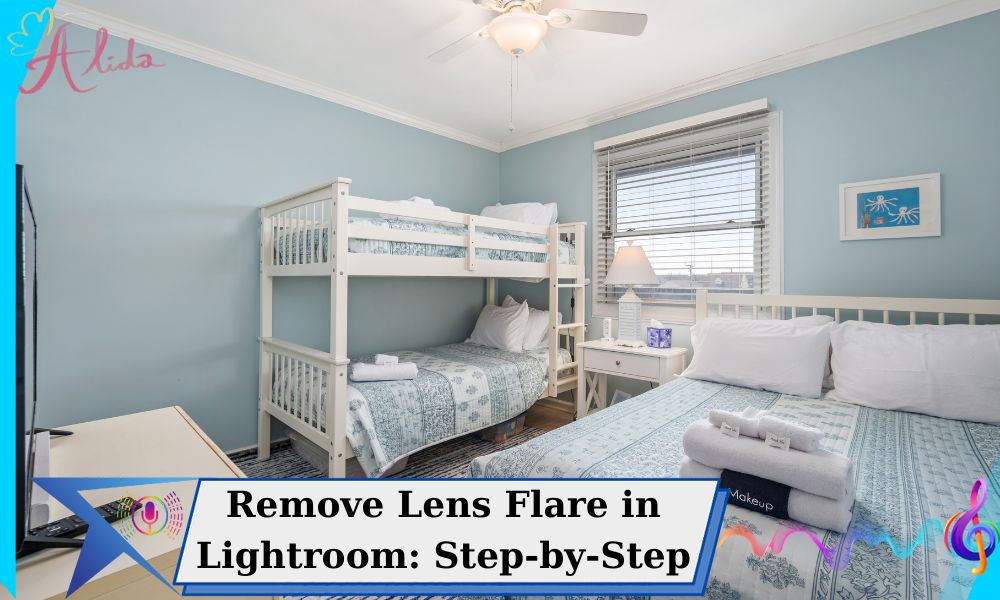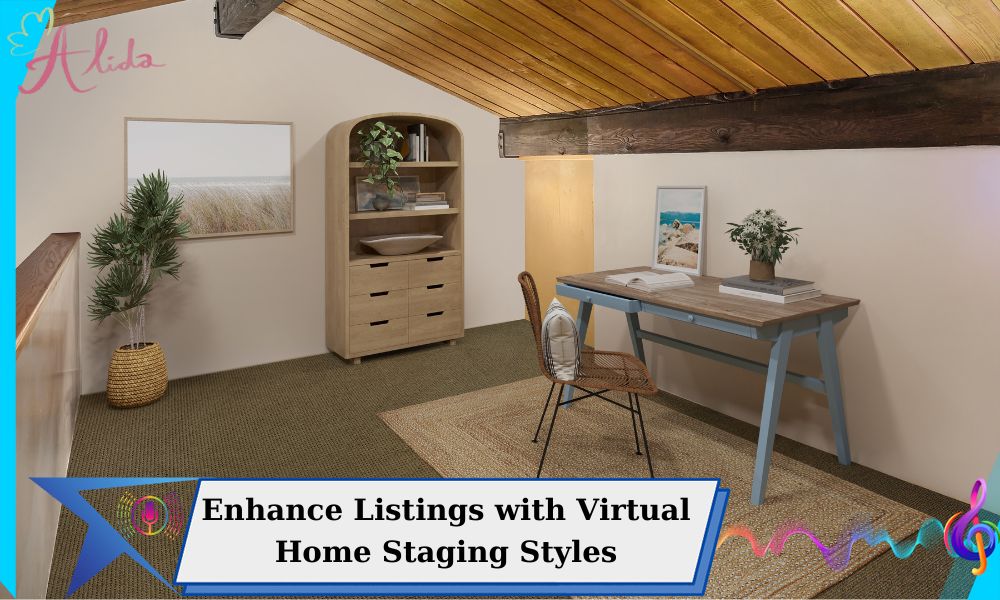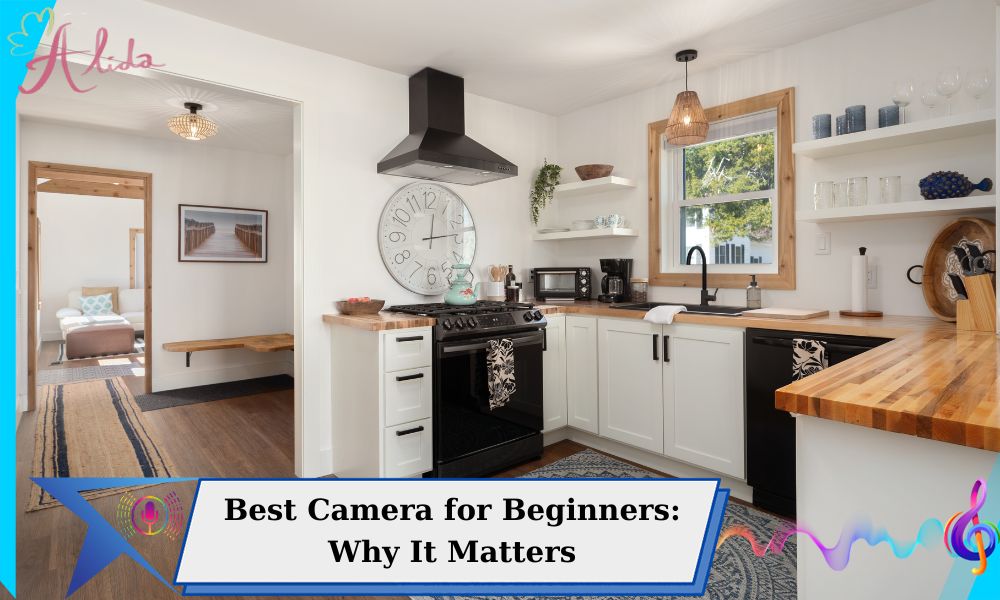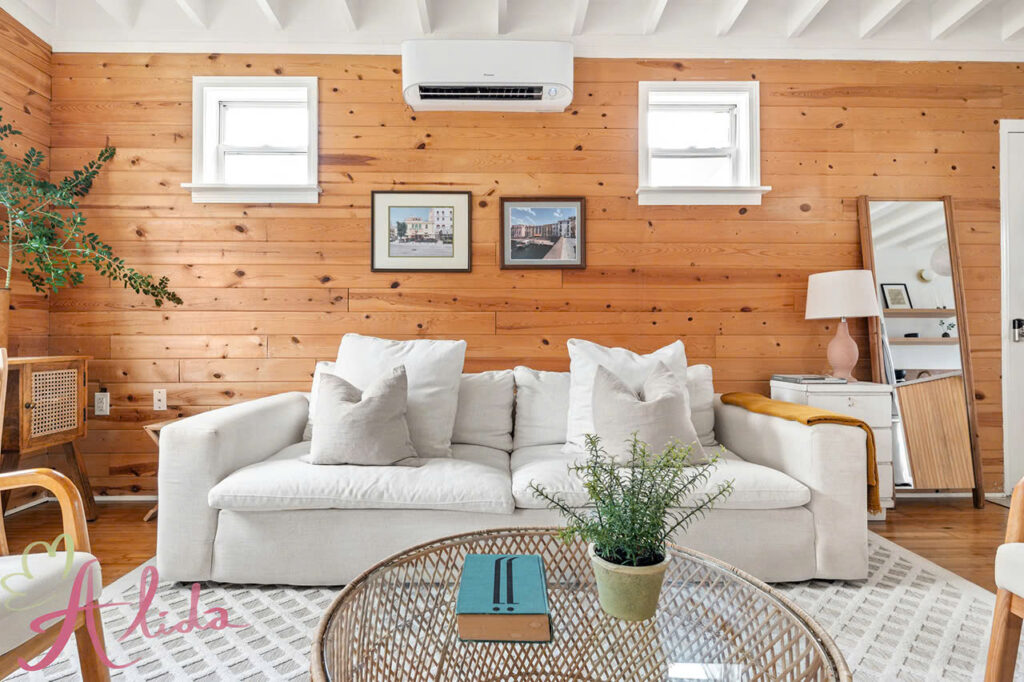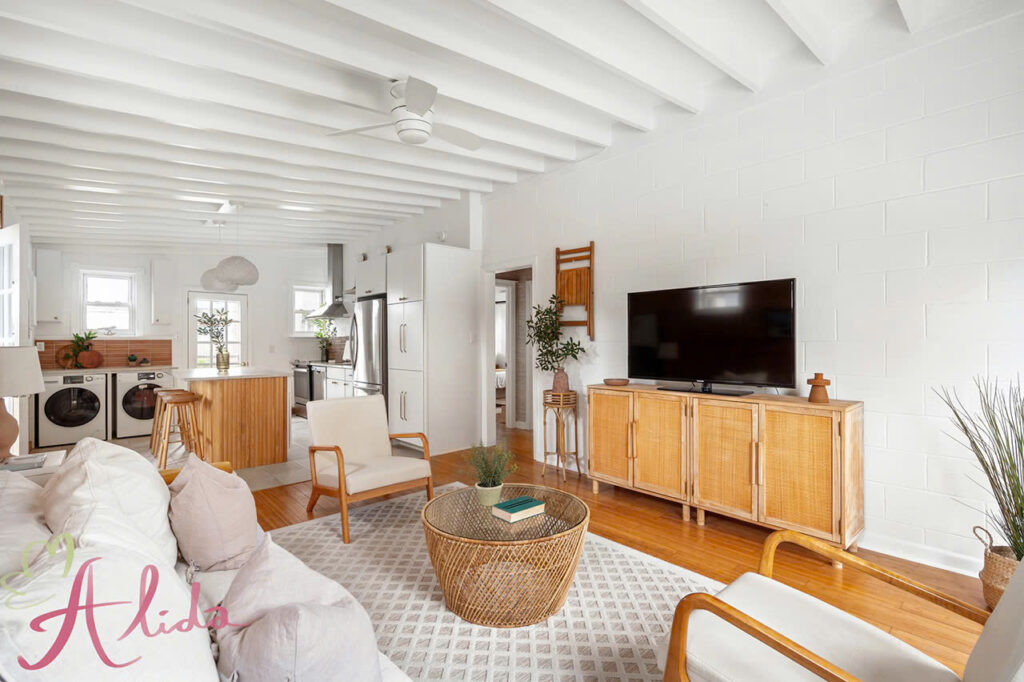Selecting the right camera as a beginner can be overwhelming, given the variety of options available. The right choice can significantly impact your learning curve, creativity, and overall photography experience. This guide will walk you through the essential aspects of choosing the best camera for beginners, helping you make an informed decision.
Best Camera for Beginners: Identify Your Needs
Before purchasing a camera, it’s essential to define your purpose. Ask yourself:
- What type of photography interests you? (landscape, portrait, sports, wildlife, etc.)
- Will you use the camera as a hobbyist or are you considering professional photography?
- Do you need a lightweight camera for travel or a more robust system for studio work?
Answering these questions will help narrow down your options and ensure you choose a camera that meets your specific needs.
Budget Considerations
Your budget plays a crucial role in determining the best camera for beginners. Consider the following:
- Camera body price: Entry-level cameras can range from $300 to over $1,000.
- Additional costs: Lenses, memory cards, tripods, camera bags, and extra batteries are necessary accessories that add to the overall cost.
- Long-term investment: Consider whether you want an upgradable system that allows you to expand your photography gear over time.
Best Camera for Beginners: Choosing the Right Type
There are three main types of cameras suitable for beginners:
DSLR Cameras
- Pros: Interchangeable lenses, optical viewfinder, manual controls, better battery life.
- Cons: Bulkier and heavier, requires some learning curve.
Mirrorless Cameras
- Pros: Compact, lighter, fast autofocus, electronic viewfinder.
- Cons: Shorter battery life, generally more expensive.
Compact Cameras
- Pros: Lightweight, easy to use, budget-friendly.
- Cons: Limited manual controls, smaller sensor, lower image quality.
Best Camera for Beginners: Key Factors to Consider
Sensor Size & Resolution
- A larger sensor improves low-light performance and image quality.
- Resolution matters, but a high megapixel count isn’t always necessary for beginners.
Low Light Performance
- Higher ISO range helps in low-light conditions.
- Consider a camera with good noise control at high ISO settings.
Autofocus System
- More autofocus points provide better accuracy and subject tracking.
- Ideal for action shots and moving subjects.
Continuous Shooting Speed
- Measured in frames per second (fps), crucial for sports and wildlife photography.
- Entry-level cameras typically offer 5–10 fps.
Best Camera for Beginners: Video Capabilities
- 4K resolution is becoming standard; ensure smooth frame rates.
- Check for features like slow motion, image stabilization, and microphone input.
Display & Viewfinder
- Articulating screens are useful for vlogging and creative angles.
- Optical vs. electronic viewfinder depends on preference.
Connectivity & Sharing Options
- Wi-Fi, Bluetooth, and NFC allow easy sharing of photos.
- Consider cameras with app support for remote control and transfers.
Best Camera for Beginners: Brand & Ecosystem
Each brand offers a unique system of cameras and lenses. The most popular include:
- Canon: User-friendly interface, extensive lens selection.
- Nikon: Excellent image quality, solid build.
- Sony: Leading mirrorless technology, strong autofocus.
- Fujifilm: Retro design, great color science.
- Panasonic: Ideal for video enthusiasts.
Consider the availability of lenses, accessories, and customer support when choosing a brand.
Best Camera for Beginners: New vs. Used
Buying New
- Pros: Latest technology, warranty, reliability.
- Cons: Higher cost.
Buying Used
- Pros: More affordable, access to higher-end models.
- Cons: Potential wear and tear, limited warranty.
If buying used, purchase from reputable sources and check for shutter count and sensor condition.
Hands-On Testing & Research
Before finalizing your purchase:
- Test the camera in-store: Feel the ergonomics, check button placement, and evaluate ease of use.
- Read reviews: Look at expert opinions and user experiences.
- Join photography communities: Engage with other photographers for insights and recommendations.
Conclusion
Choosing the best camera for beginners requires balancing budget, features, and long-term usability. By understanding your photography goals and evaluating the options available, you can make a confident decision.
Looking to enhance your real estate photography? Alida provides professional real estate photo editing services to make your images stand out. Contact us at photonews121@gmail.com for more details!

